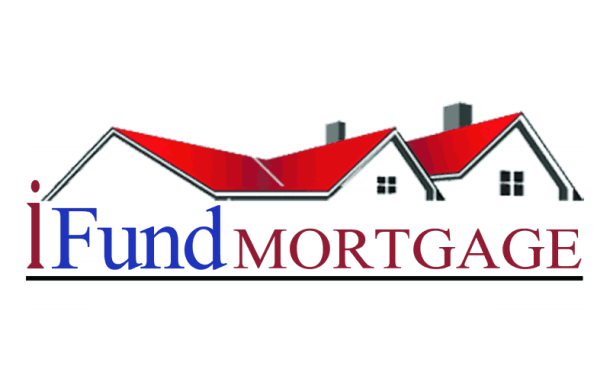Refinance and Get Cash From Your Home
A cash out refinance helps you get cash from the equity in your home. You replace your current home loan with a new mortgage that has a higher amount, and you get the difference in cash at closing.
For example, say a homeowner has a mortgage with a loan balance of $150,000. A cash out refinance might allow them to pay off their current mortgage and replace it with a new mortgage with a loan balance of $170,000. This person would get $20,000 cash at closing, which is why this type of refinancing is called "cash out."
Homeowners may use the money to pay off high interest debts, pay for college educations, or pay for home improvements. Cash out refinances have benefits and costs, and usually require you to complete a new application and provide a new set of income and financial documents.
The biggest advantage of a cash out refinance is that it gives homeowners the money to make important investments. Some people use the money from a cash out refinance to pay for college or professional educations. They can also use the cash to pay for major home improvements that may increase the house's value.
Consolidating debt and paying off high interest loans like credit card debt are two more reasons people think about a cash out refinance. The interest rate on a mortgage can be lower than rates on other types of loans. When the interest rate on a new mortgage is significantly lower than the rate you are currently paying on other debt, it may make sense to use the money from a cash out refinance to pay off your other loans and save on interest payments.
When you have a lot of home equity, a cash out refinance might give you access to a substantial amount of money. Cash out refinances can have competitive interest rates compared to many kinds of unsecured loans. Because new mortgages often have terms between 15 and 30 years, cash out refinances can give you a long time to pay the loan back.
A cash out refinance requires getting a new mortgage. You will need to complete a new application and provide income and financial documents. An appraisal of your home's current market value may be required. Lenders typically consider information like your credit score, debts and expenses, and employment before they decide to offer you a loan.
Lenders will look at your loan-to-value ratio (or "LTV") during the refinance process. Loan-to-value ratio is the percentage you get when your divide your mortgage amount by the value of your home. For example, if your home is currently worth $250,000 and the amount you owe on your mortgage is $150,000 then your LTV is 60%. (That is $150,000 ÷ $250,000 = 0.6 or "60%.")
Most lenders have guidelines for their maximum loan-to-value ratios and different kinds of loans can have different maximum loan-to-value ratios too. This is important to understand because a cash out refinance will probably increase your LTV.
Let's say a lender uses 80% as their maximum loan-to-value ratio. That means if your home is currently worth $250,000, this lender might offer you a cash out refinance with a new loan balance no higher than $200,000. (That is $200,000 ÷ $250,000 = 0.8 or "80%.")
Freedom Mortgage offers cash out refinances with three different kinds of loans. Veterans and active duty military personnel who qualify might consider VA loans for their cash out refinance, because mortgage insurance is not required and the maximum loan-to-value ratio is 100%.
We also offer FHA and conventional cash out refinances. FHA loans come with a maximum LTV of 80% and will require mortgage insurance premiums. Conventional loans have a maximum LTV of 80% and may require mortgage insurance depending on the amount of home equity.
Another kind of refinance is a rate and term refinance. With this type of loan, you don't take cash out of your home equity. Instead you refinance to get a better interest rate or improve the terms of your mortgage.
When interest rates are falling, some people think about refinancing to lower their monthly mortgage bill or save money on interest payments. People refinance to shorten the life of their loan (which is also referred to as "term"). Loans with a 15 year term can have lower interest rates than loans with a 30 year term, which might save you money on interest payments. 15 year mortgages can have higher monthly payments than a 30 year mortgages since you're paying it back in half the time.


FACEBOOK COMMENTS WILL BE SHOWN ONLY WHEN YOUR SITE IS ONLINE